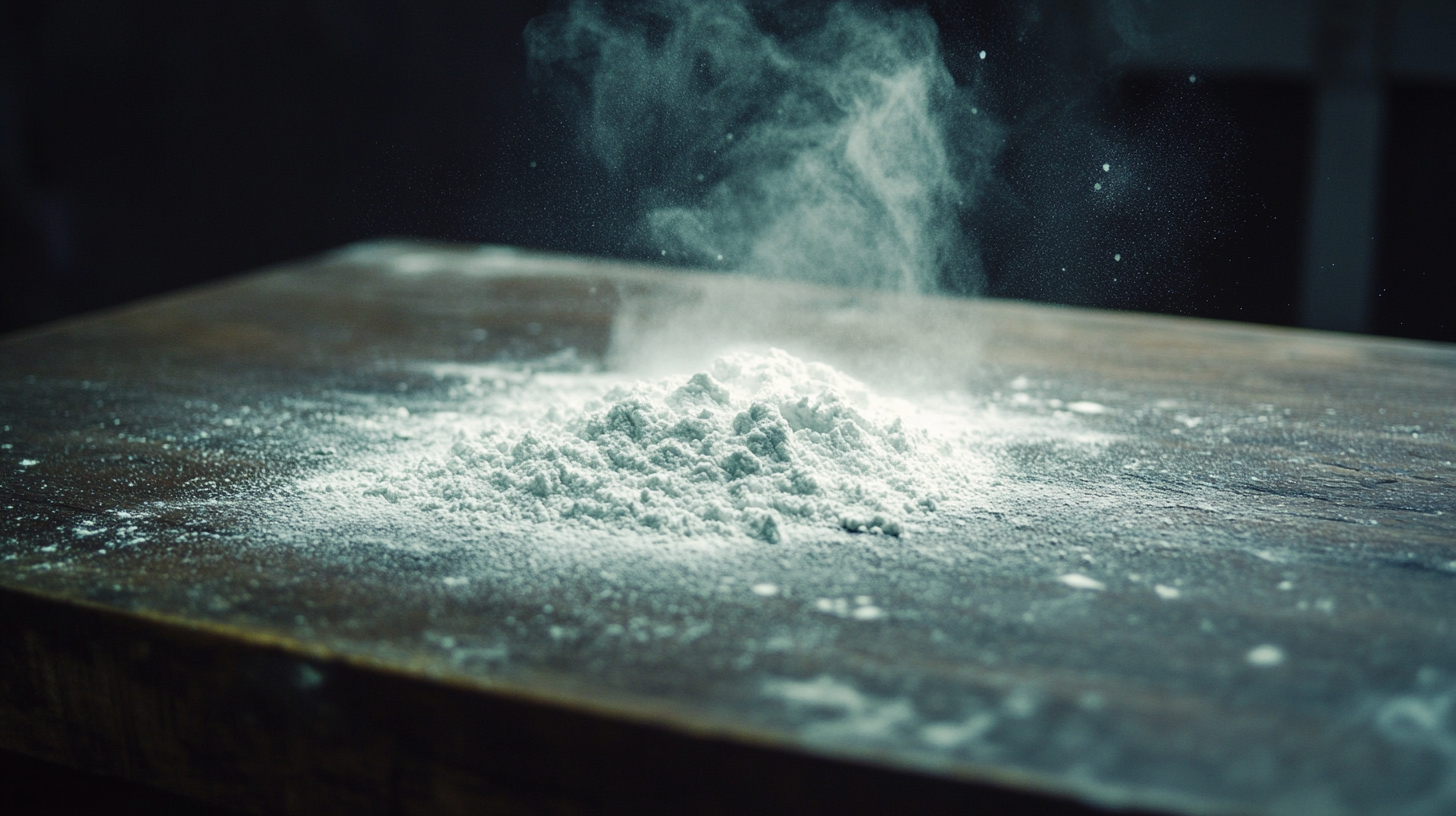Ketamine Addiction
What is Ketamine?
Ketamine is a dissociative anaesthetic that has been widely used in medical settings and veterinary science since the 1960s. Originally developed for use during surgery, ketamine works by blocking NMDA receptors in the brain, leading to a disconnection between the brain and body, which produces its dissociative effects.
Request a callback!
Why do people use ketamine?

In medical situations, it is commonly used for anaesthesia and pain relief. In recent years, low doses have been utilised for the treatment of severe depression, anxiety, and other mental health conditions. Ketamine is known for its rapid onset of action and the unique, sometimes intense, experiences it induces.
Outside of medical settings, ketamine is often used recreationally for its mind-altering effects. At lower doses, it can cause feelings of relaxation, euphoria, and detachment from reality, while higher doses can lead to more profound dissociative experiences, including hallucinations and a sense of being disconnected from one’s body (sometimes referred to as the “K-hole”).
Some individuals also seek out ketamine for its reported antidepressant effects, though unsupervised use can be dangerous.
Long-term use of ketamine can also lead to some severe health issues such as bladder dysfunction, cognitive impairment, and mental health disorders.
Is ketamine addictive?
Ketamine can be addictive, particularly with repeated use. While it is not as physically addictive as substances like opioids or alcohol, it has a significant potential for psychological dependence.
People who use ketamine regularly, may develop a tolerance, requiring higher doses to achieve the same effects, and may become preoccupied with using it, leading to compulsive use despite the negative consequences.
What is ketamine withdrawal?
Ketamine withdrawal occurs when someone who has been using ketamine habitually, stops or significantly reduces their use. Although ketamine withdrawal is generally not life-threatening, it can be uncomfortable and symptoms can include intense cravings, mood swings, feelings of hopelessness (depression) and heightened feelings of anxiety; severe tiredness or lethargy, and difficulty falling or staying asleep; problems with memory, focus, and decision-making.
Managing withdrawal typically requires a supportive environment and, in some cases, medical supervision to help the individual through the acute phase and prevent relapse.
Recovery from ketamine addiction is possible with the right treatment and support. If you or someone you know is struggling with ketamine use, seeking help from a mental health or addiction specialist is a crucial step towards recovery.
Signs and symptoms of ketamine abuse and addiction
Signs and symptoms of ketamine abuse and addiction can include:
Behavioural changes:
Physical symptoms:
Psychological symptoms:
Social and occupational impact:
Treatment for ketamine addiction at the rehab centre
Treatment for ketamine addiction involves a combination of behavioural therapies, counselling, and support groups. In some cases, a stay in a residential rehab programme may be the best option, particularly if the individual has co-occurring mental health conditions.
Ibiza Calm is a specialised mental health and addiction treatment clinic that provides rehab treatment for individuals who are struggling with ketamine abuse, addiction and any associated or co-occurring psychiatric conditions such as anxiety and depression. The aim of the treatment is to help individuals understand the triggers and patterns of their drug use and develop healthier coping mechanisms
The rehab centre offers a comprehensive approach to recovery from ketamine use. The Ibiza Calm team comprises experienced healthcare professionals, including doctors, nurses, and therapists, who work together to provide the highest level of care and support to each patient.

Key components of residential ketamine addiction treatment at Ibiza Calm
Residential treatment includes:
Comprehensive assessment: Upon admission, all clients undergo a thorough assessment to evaluate their physical and mental health, the severity of their ketamine addiction, and any co-occurring disorders. This helps in creating a personalised treatment plan.
Medication management: Certain medications can help manage any withdrawal symptoms, reduce cravings, or treat co-occurring disorders like depression and anxiety. Our residential treatment centre gives you access to the best health care, including psychiatrists who can prescribe and monitor medications to ensure they are effective and well-tolerated. At Ibiza Calm our medical director, Dr Manuel Rodriguez oversees the management of all medications.
Education: Workshops on a range of topics including addiction, relapse prevention, boundary setting, powerlessness, anger, family dynamics, acceptance, and healthy lifestyle choices empower our clients with knowledge to take forward into their new lives.
Individual therapy: Regular one-to-one sessions with one of our specialist therapists helps clients to address underlying psychological issues, develop coping strategies, and set recovery goals. We use a variety of treatment modalities including cognitive behavioural therapy (CBT), to help individuals identify and change negative thought patterns and behaviours associated with their drug use.
Group therapy: Facilitated group sessions provide peer support, enhance communication skills, and help individuals connect with others who are facing similar challenges.
Aftercare planning: Long-term recovery from ketamine addiction involves ongoing support, such as continued therapy, support groups, and lifestyle changes to prevent relapse. Successful residential treatment will include preparing for life upon leaving the clinic.
This involves developing coping strategies and relapse prevention plans, as well as access to support groups. All clients are introduced to the Ibiza Calm aftercare therapy group before leaving treatment, ensuring they are confident of ongoing, continued support.
How Ibiza Calm will help!
EXPERIENCED TEAM
NEWEST TECHNIQUES
BESPOKE TREATMENT
 Email Us
Email Us Call Us Now:
Call Us Now: 